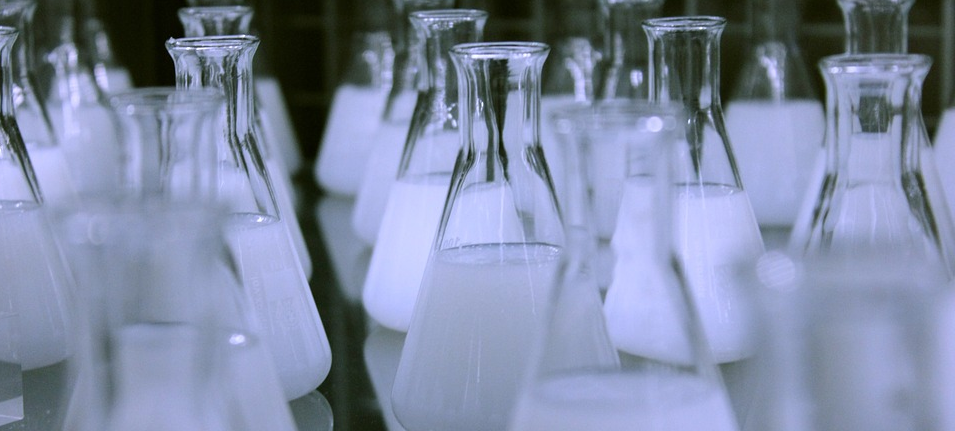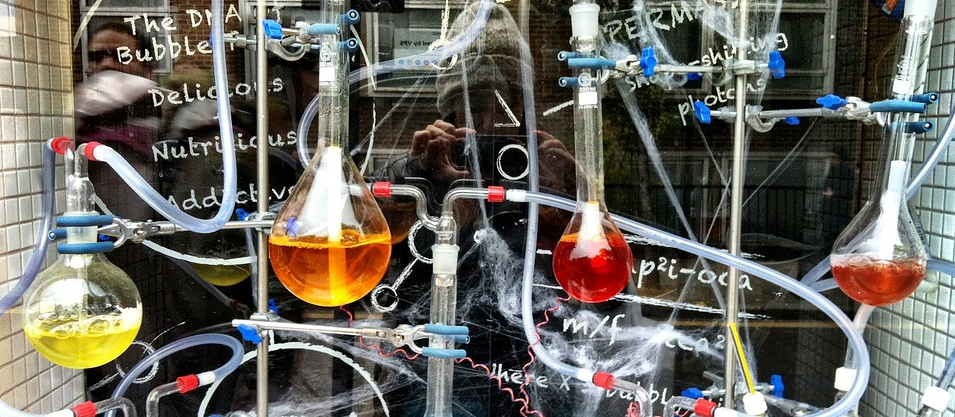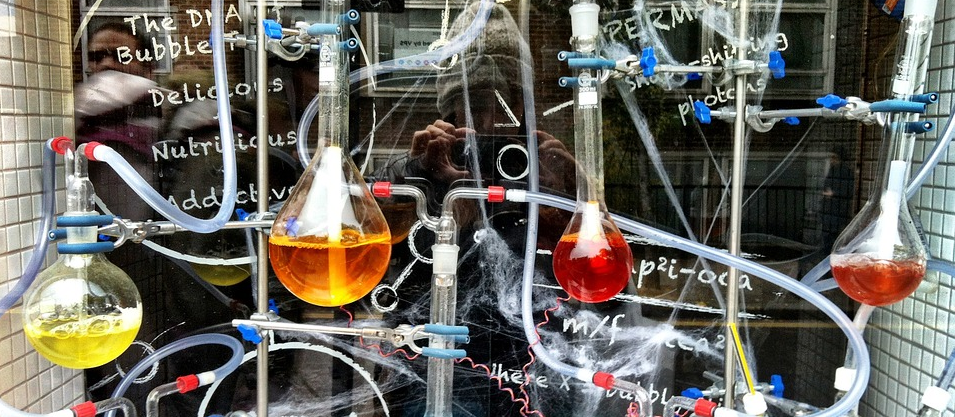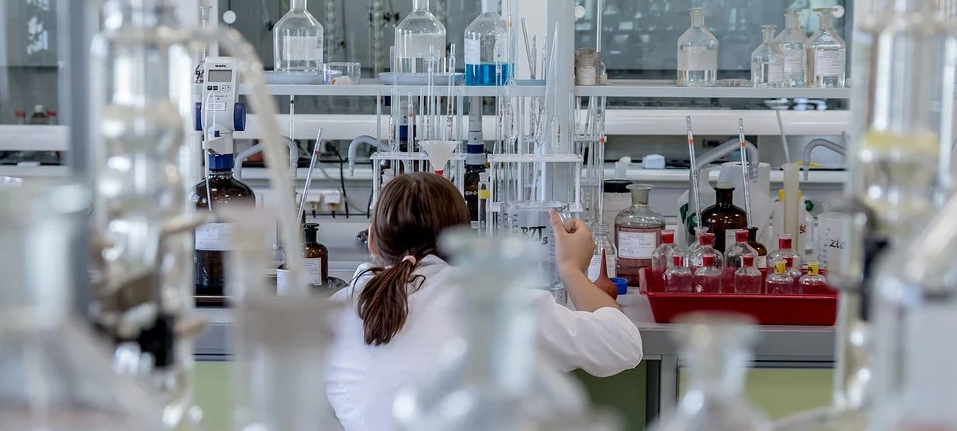
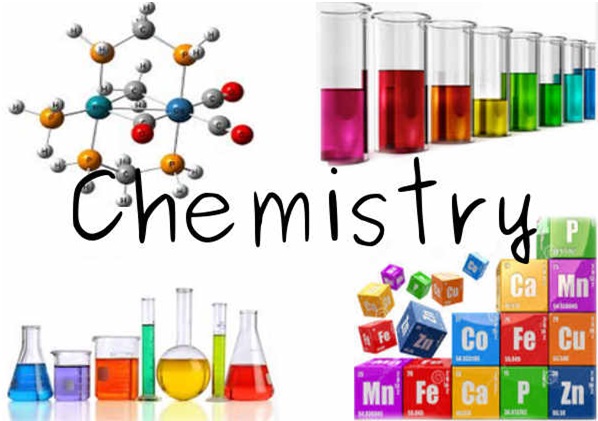
Course Type: Certificate Course
Course Category: Aided
PROGRAMME: Certificate Course in Chemistry in day-to-day life
2023-2024
|
COURSE |
DETAILS |
|
CODE |
SGC/ADCHM/CDL/2023 |
|
TITLE |
Chemistry in day-to-day life |
|
TOTAL NO OF HOURS |
30 |
|
|
COURSE OUTCOMES |
|
1 |
Understand the importance of chemistry in everyday life and apply knowledge of chemistry to improve quality of life. |
|
2 |
The students should learn fundamentals of detergents and surfactants. |
|
3 |
Determine the purity of oils and fats. |
|
4 |
Awareness regarding composition of dyes. |
|
5 |
Recognize the synthesis, classification and applications of dye. |
|
6 |
Explain the nature of cosmetics and their impacts on human health. |
|
7 |
Develop practical skills and apply the knowledge acquired to solve problems. |
SYLLABUS
|
Unit 1: Soaps and Detergents (9 Hrs)
|
|
Unit 2: Oils and fats (3 Hrs)
|
|
Unit 3: Dyes (3 Hrs)
dyes to the fabrics.
|
|
Unit 4. Cosmetics (5 Hrs)
|
Practical (10 Hrs)
- Making of soap
- Estimation of saponification value of oils/ fats.
- Tests for adulterants in various food products.
- Synthesis of artificial dyes
|
Theory / Lecture Hours: |
20 hrs |
|
|
Practical / Tutorial / Lecture Hours: |
10 hrs |
|
|
Total Hours: |
30 hrs |

